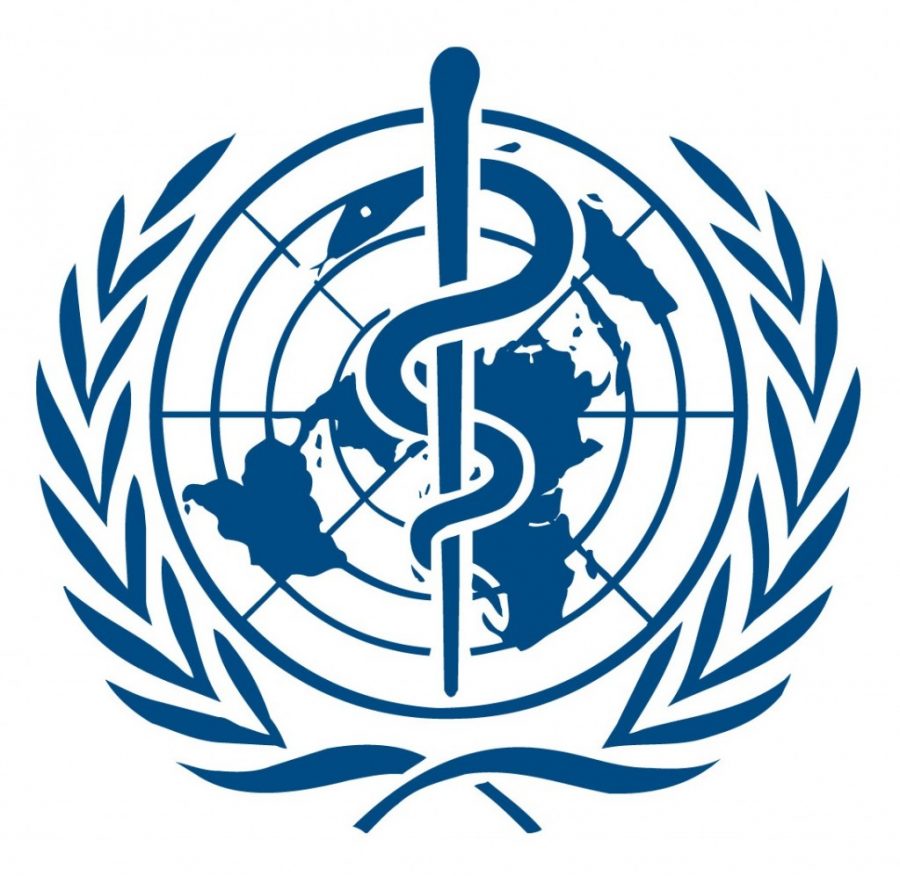WHO: CBD should not be a scheduled under the Controlled Substances Act, carries no addiction risks
The World Health Organization has declared that cannabidiol (CBD) should not be a scheduled drug.
The WHO Expert Committee on Drug Dependence released findings and scheduling recommendations on Wednesday for more than a dozen substances, and plans to undertake a fuller review of CBD in 2018. After months of deliberation and investigation, the WHO has concluded that CBD is a useful treatment for epilepsy and palliative care, and does not carry any addiction risks.
“There is increased interest from Member States in the use of cannabis for medical indications including for palliative care. Responding to that interest and increase in use, WHO has in recent years gathered more robust scientific evidence on therapeutic use and side effects of cannabis and cannabis components.
To that end, the ECDD did an initial review of a cannabis compound called cannabidiol (CBD). Recent evidence from animal and human studies shows that its use could have some therapeutic value for seizures due to epilepsy and related conditions. Current evidence also shows that cannabidiol is not likely to be abused or create dependence as for other cannabinoids (such as Tetrahydrocannabinol (THC), for instance). The ECDD therefore concluded that current information does not justify scheduling of cannabidiol and postponed a fuller review of cannabidiol preparations to May 2018, when the committee will undertake a comprehensive review of cannabis and cannabis related substances.”
The 40th ECDD is scheduled for May 2018, and will address pre-reviews of cannabis plant and cannabis resin, extracts and tinctures of cannabis, Delta-9-tetrahydrocannabinol (THC) and isomers of THC, at the meeting’s “Special Session on Cannabis.”
Compared to cannabidiol, which is not listed explicitly as a controlled substance in the 1961 United Nations’ Single Convention on Narcotic Drugs or the 1972 Protocol amending the Single Convention, the cannabis plant and cannabis resin are instead scheduled as Schedule I and Schedule IV substances. Cannabis extracts and cannabis tinctures are also listed as Schedule I.
The U.S. Health and Human Services, as well as the U.S. Food and Drug Administration are holding off on making recommendations until the final determinations are submitted to the Commission on Narcotic Drugs.








